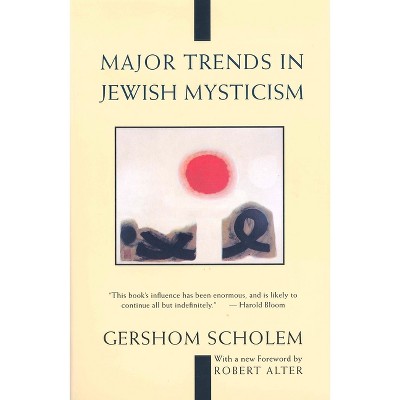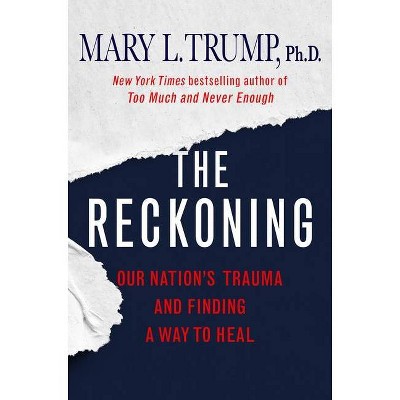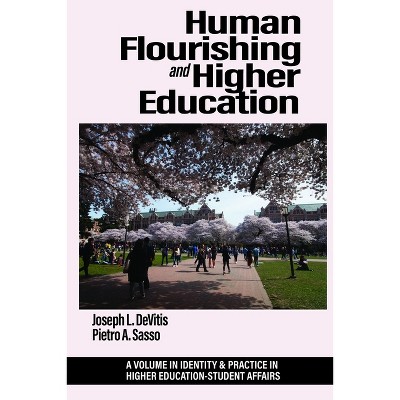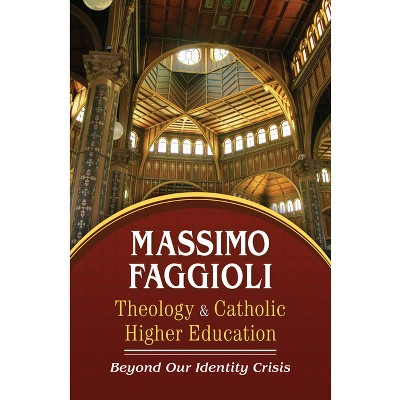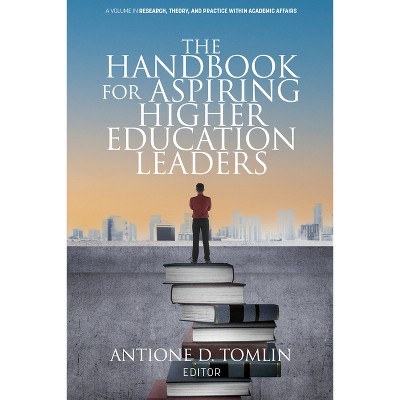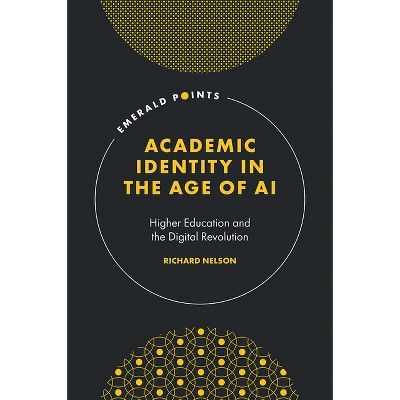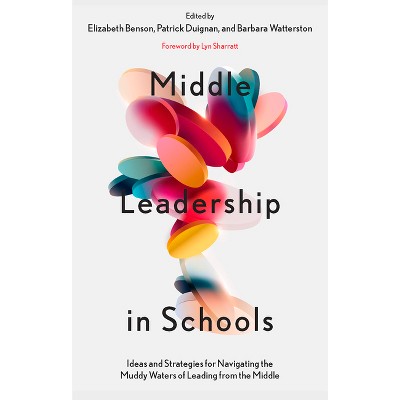Sponsored

Post-Truth's Assault on America's Schools and Colleges - (Identity & Practice in Higher Education-Student Affairs) by Joseph L DeVitis
Pre-order
Sponsored
About this item
Highlights
- Post-Truth's Assault on America's Schools and Colleges presents a wide-ranging analysis of the psychological, historical, philosophical, and socio-political perspectives on how the post-truth age has become a serious peril to American life and polity in general, and to our schools and colleges in particular.
- About the Author: Joseph L. DeVitis is a retired professor of social foundations of education and higher education.
- 364 Pages
- Education, Curricula
- Series Name: Identity & Practice in Higher Education-Student Affairs
Description
About the Book
Post-Truth's Assault on America's Schools and Colleges presents a wide-ranging analysis of the psychological, historical, philosophical, and socio-political perspectives on how the post-truth age has become a serious peril to American life and polity in general, and to our schools and colleges in particular.
Book Synopsis
Post-Truth's Assault on America's Schools and Colleges presents a wide-ranging analysis of the psychological, historical, philosophical, and socio-political perspectives on how the post-truth age has become a serious peril to American life and polity in general, and to our schools and colleges in particular. Confirmation bias, religious and political fanaticism (e.g., White Christian nationalism), and disinformation and propaganda (especially in social media) are among the main currents in American culture that are examined in detail through the lenses of critical social theory, critical race theory, analytic philosophy, and qualitative research methods.
Particular attention is given to those states most in danger. Today's P-12 schools and post-secondary education face serious attacks on various fronts: outrageous book bans; efforts to distort curricula (especially in English, history, and social studies); attempts to denigrate and undermine women, Black Americans, Jewish Americans, children, LGBTQ+ citizens amongst, others, while avowing authoritarian agendas that endanger freedom and democratic governance. Education, at every level, should play a major role in combating this existential assault on the substance - indeed, the soul - of America.
It is hoped that this book will provide hope for those who are fighting the assault on truth in school and society and will spur readers to engage in more concerned civic reflection - and action. It is critically relevant for everyone who is deeply interested in America's political and educational systems. It will be particularly useful for teachers and administrators in P-12 schools; college faculty and staff; and undergraduate and graduate students in teacher education, higher education, and the social sciences.
Review Quotes
Education is a perennial source of power that ignites talent, imagination, and frees the mind. This book reveals the harsh consequences of post-truth tactics used by those who fear the power and potential of education. Chapters display the ways objectivity, reason, and evidence are manufactured into a post-truth form of currency. In the post-truth landscape, these authors offer concrete examples of meanings being manipulated to constrain free thinking. DeVitis and colleagues exhibit bravery, revealing details that could make themselves targets of those who optimize post-truth for their own gain. Readers will be shocked but empowered - having finally found words to describe the shifting winds that educators, students, and communities have been sensing as the storms in education keep growing increasingly intense.
--Cassie L. Barnhardt, Ph.D., Professor of Educational Policy and Leadership Studies, University of Iowa, USAAs I peruse this work by Joe DeVitis, his essays, and chapters by authors he has assembled, amid the large movement toward authoritarianism around the world, I am infused by haunting educational and philosophical questions: Do humans know what democratic education is? Do we value it? Are we willing to struggle to continuously reconstruct it in lived experience? Even more fundamentally, how shall we live meaningfully and empathically together? Please consider perspectives herein!--William H. Schubert, Professor Emeritus of Curriculum Theory, University of Illinois Chicago, USA
About the Author
Joseph L. DeVitis is a retired professor of social foundations of education and higher education. A prolific scholar and public intellectual, he is the recipient of the Distinguished Alumni Award from the University of Illinois at Urbana-Champaign, USA.
